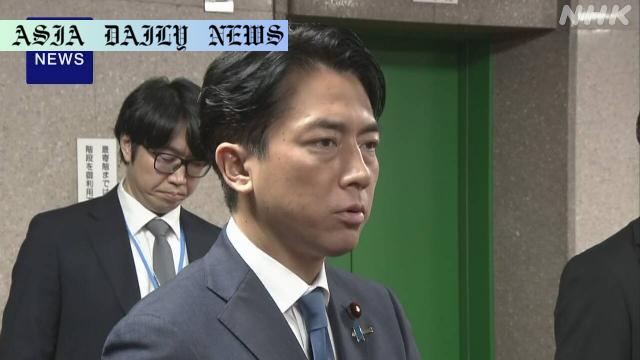Stockpiled Rice – Japan expands sales of government-stockpiled rice to eateries, food vendors, and school lunch providers to curb price hikes.
Japan’s government is expanding no-bid rice sales to eateries, food vendors, and schools.
The initiative aims to help curb rising supermarket rice prices, which have doubled in a year.
120,000 tons of 2021 stockpiled rice will be distributed under these contracts.

Introduction: Combating Rising Rice Prices
In an effort to address a surge in rice prices, Japan is expanding the sale of its government stockpiled rice to additional markets like eateries, meal vendors, and school lunch providers. Supermarket rice prices have doubled within a year, prompting this proactive move from the Japanese government. This initiative aims to stabilize the grain market by increasing supply and providing rice at a discounted rate to broader sectors.
The Growing Need for Accessible Rice
The country’s rice stockpiling program was originally introduced to buffer against supply-demand fluctuations. Under this scheme, stockpiled rice, particularly harvested in 2021, is made available to sectors most in need. Applications for the first phase of the program, which began in June, have seen modest interest: 46 buyers applied for over 18,000 tons of rice, a fraction of the 120,000 tons allocated for sales. Although government officials hoped for higher demand, the program now targets additional buyers to foster broader rice availability.
Expanded Distribution Channels
Recognizing the slow uptake in the retail sector, Agriculture Minister Koizumi Shinjiro has now extended the eligibility for purchasing stockpiled rice to a wider range of end-users. Eateries, food vendors, and especially school lunch providers are now able to apply, ensuring rice availability in critical sectors. By breaking market reliance on costly retail options, this move is expected to alleviate financial strain for businesses and educational institutions that rely heavily on rice as a staple product.
Implementation and Future Outlook
Starting this Friday, the government will accept applications under no-bid contracts to fast-track the distribution process. By reaching out to new consumer bases, officials hope to minimize the price volatility of this staple product. While stocks remain sufficient for the time being, ongoing collaboration with potential buyers and stakeholders will be critical for long-term success. This initiative underlines Japan’s commitment to economic support amidst inflationary pressures, ensuring affordable essentials for its population.



Commentary
Proactive Measures to Tackle Inflation
Japan’s decision to expand the sale of stockpiled rice demonstrates a commendable approach to combating inflation. By targeting varied sectors like eateries and schools, the government acknowledges the multifaceted impact of rising prices not just on households but also on service providers and educational institutions. This initiative reflects an understanding of how interconnected the economy is, where price hikes in one staple can ripple across multiple industries.
A Broader Reach to Address Demand
The extension of the program to food vendors and lunch providers is strategic. These sectors cater to significant portions of the population, ensuring that any price reductions passed on by the stockpiled rice distribution directly benefit those most affected. Furthermore, schools will particularly appreciate these measures as they navigate budget constraints while trying to provide nutritious meals to students amidst rising food costs.
Balancing Stock Management with Accessibility
It is worth noting the careful balancing act required to manage stockpiles effectively while addressing immediate economic needs. Providing access under no-bid contracts represents a streamlined approach to support swift implementation. However, ensuring transparency in this process and tracking the actual distribution to intended sectors will be pivotal to sustaining public trust and avoiding undue monopolization by large entities.